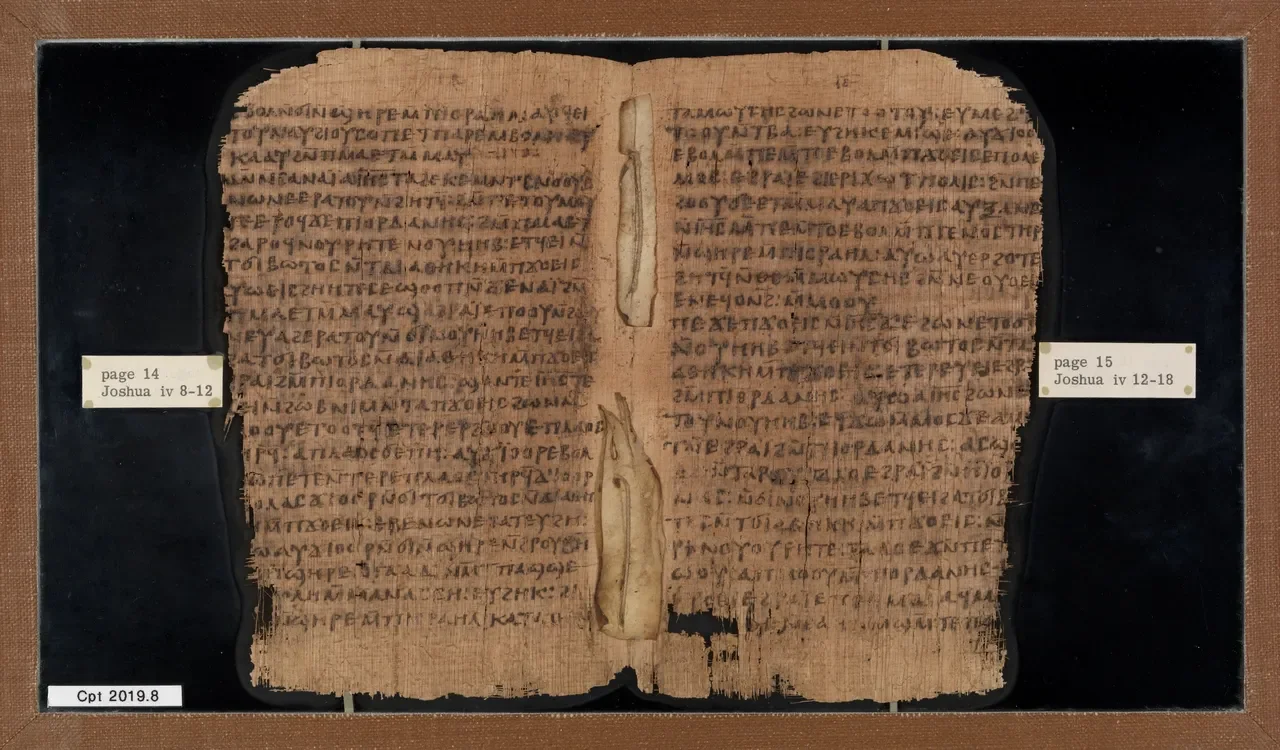All God's word for all God's people

And afterward he read all the words of the law, the blessings and cursings, according to all that is written in the book of the law. There was not a word of all that Moses commanded, which Joshua read not before all the congregation of Israel, with the women, and the little ones, and the strangers that were conversant among them. Joshua 8:34-35
I want you to notice some instances of the word all in these two verses. There is the "all that is written in the books of the law." If you want to know what that means, you must attend to the next use of the word all: "all that Moses commanded." At this time, this was the entirety of the written word of God. In Joshua's day, the Scriptures were precisely the words of God through Moses written down and recorded for the good of Israel.
What Joshua did was to "read all the words of the law, the blessings and cursings." He didn't just read the favorite parts, but all of it, both the blessing and the curse. He read the easy to understand parts and the hard to understand parts. He read the interesting parts and the parts that were not so interesting. Why? Because God told him to do this (cf. Deut. 27-28). It was God's intention that the people of Israel hear the words of the law, for to hear this was to hear God's very words to man.
Then notice who among the Israelites were to listen to these words. Here is another interesting use of the word all: "all the congregation of Israel, with the women, and the little ones, and the strangers that were conversant among them." The target of this hearing was not just the priests. It was not just the leaders of the tribes, the elders. No, it was everyone, including the children. Everyone was to hear God's word and everyone was to benefit from God's word.
I fear that often in today's church these two universals are missing. Brothers and sisters, all men and women, young and old, need to hear all of God's word. Not just the adults, but the little children. Not just the preachers, but the person in the pew. And we need to beware of just hearing those parts of Scripture that we are naturally inclined to; we need to hear all of it. Today, that doesn't just mean the Law of Moses, but also the Prophets and the Psalms and the Gospels and the Epistles: Old Testament and New Testament.
For that reason, I would encourage two things. First, have a reading plan to regularly go through the Bible. (I personally recommend this one: http://www.mcheyne.info/mcheyne-reading-plan/.). Second, read the Scriptures in your families. Don't just wait to hear it on Sunday, but hear it throughout the week. Let us be like the godly man in Psalm 1 whose meditation day and night was on the word of the Lord. Why? Again, because this is God's will for us, and being God's will, we know it is good. Indeed, "blessed is the man . . . [whose] delight is in the law of the LORD" (Ps. 1:1-2).